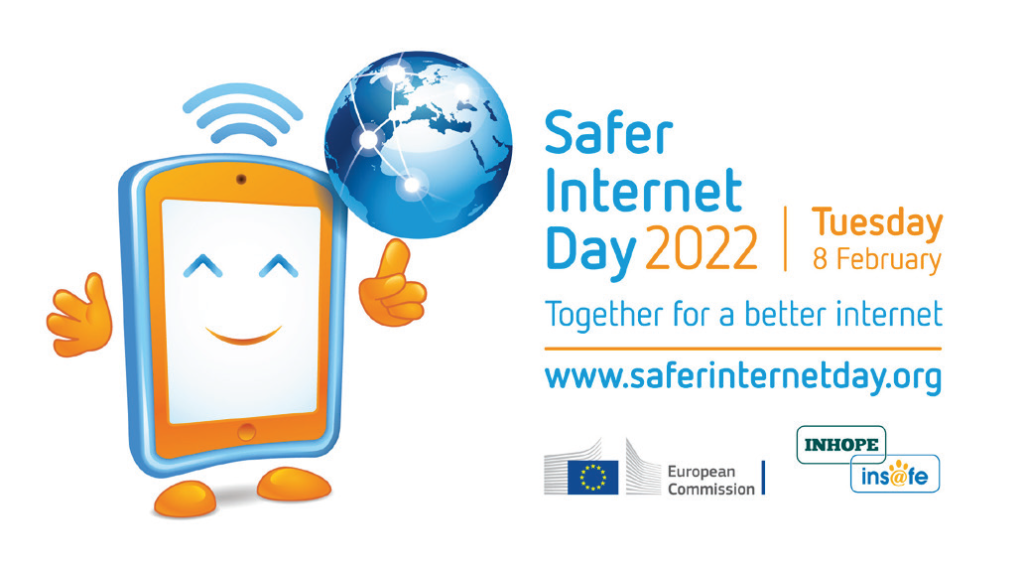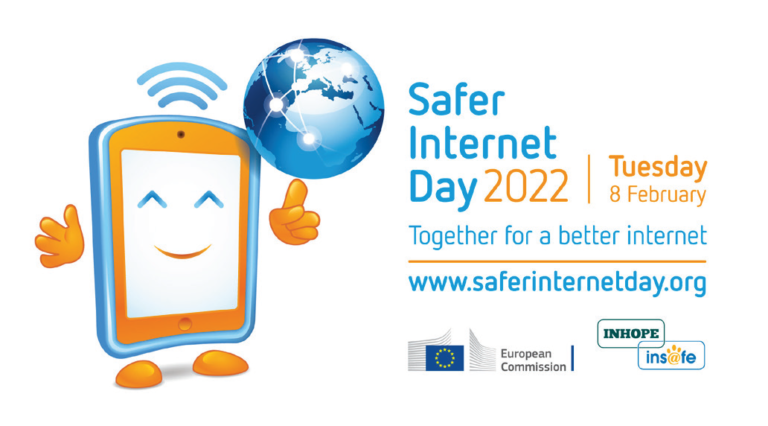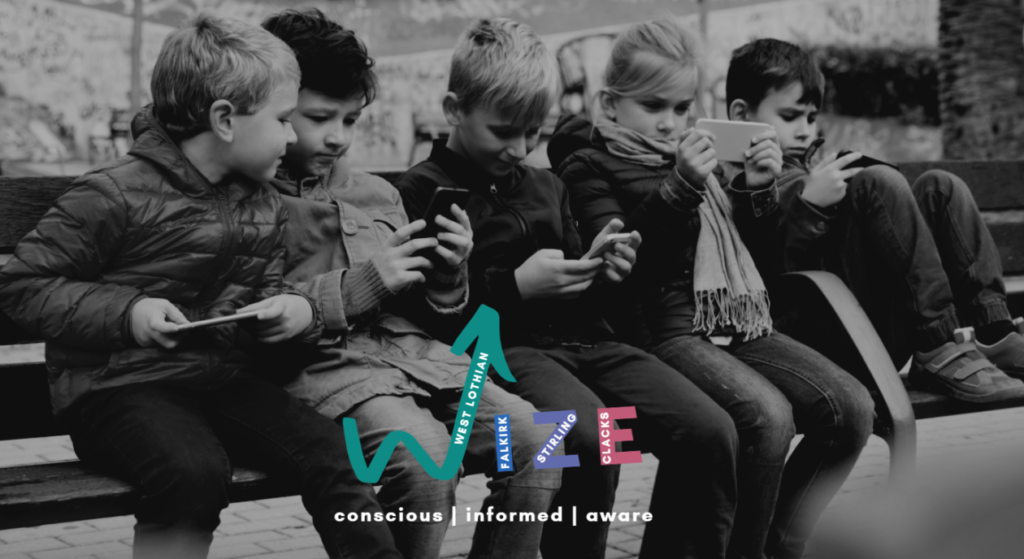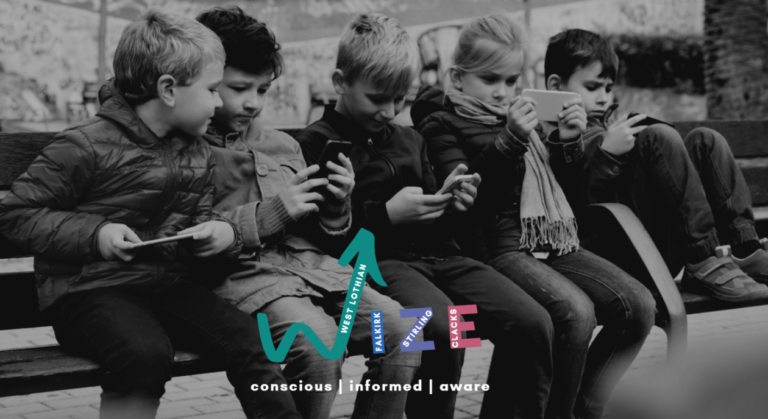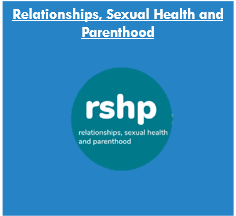
The above link will take you to the national RSHP resource where a wealth of materials are available. Below we have provided some additional links and resources which be of interest as well.
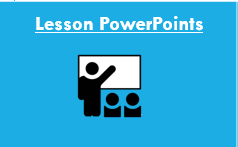
This Is Our Faith
This Is Our Faith, the syllabus for Catholic religious education in Scotland, governs the teaching of religious education in Scotland’s Catholic schools. This is the first religious education syllabus to be originated wholly in Scotland and designed to meet the needs of young people in Scotland. It was published in November 2011 by the Scottish Catholic Education Service on behalf of the Catholic Bishops of Scotland; a Senior Phase version was published in October 2015.
Sexting resource pack
This resource pack is developed further to a Sexting Project carried out by Oxfordshire County Council and Thames Valley Police. It includes lots of links to lesson plans, resources and films.
Always Puberty Resources
Information to promote discussion about changing bodies and puberty
HeyGirls
My Period is a new resource to help schools have positive conversations with their pupils about periods. We know that there is a very wide spectrum of what, how and when education about periods is delivered in schools. Existing PSHE / RSHP guidelines mention periods, but not in great detail. With schools in Scotland providing free period products for pupils, and England and Wales following suit, now is the time to ensure all pupils have access to high quality education about periods. To complement the physical learning tool, Hey Girls has created comprehensive schools’ pack available to download for free.
#respectmeans Resource
A learning resource that examines how developing respectful relationships can prevent bullying from learning resources on the National Improvement Hub.

Stonewall UK
Stonewall’s dedicated team of education professionals work hard to bring you the resources and guidance you need regardless of whether you’re just getting started with your LGBT inclusive work or whether you’re looking to further embed and develop your practice. Whether you’re looking for best practice guidance and policy templates, posters or lesson packs written by a qualified teacher, there’s something here for you.
Icons and Moments LGBT Resource
The “Icons” and “Moments” resources and graphics packs have been developed to support teachers in marking LGBT history. They contain visual displays and lesson ideas, providing educational accounts of key people and events which have defined LGBT equality.
These resources can be utilised to support work during LGBT History Month – which occurs each February for the entire month.
The Moments Resource (and the supporting Moments Graphics Pack) provides a timeline of key events in LGBT history. These resources can be used to discuss with young people the impact of the LGBT community on our society, culture and history. Links to Curriculum for Excellence appear at the end of each Moment. The ready-to-use graphics can be printed and displayed throughout the school community.
The Icons Resource (and the supporting Icons Graphics Pack) supports practitioners to discuss with young people the LGBT community’s contribution to our society, culture and history; and to include LGBT role models in class content.
Embedding equality learning journey: LGBT positive relationships
In this resource, practitioners are given the opportunity to explore the use of language and sexual identity with learners at third and fourth level whilst supporting learners to reflect on how we develop positive, inclusive relationships.
Healthy Relationships and Consent: key messages for young people
A resource for professionals which aims to help them support young people in their understanding of healthy relationships and consent.
 CEOP has released a new resource created to help develop understanding around healthy relationships and unhealthy behaviours for children aged 12-14 to help protect them from harmful sexual behaviour both off and online.Respecting me, you, us – RSE lessons (thinkuknow.co.uk)
CEOP has released a new resource created to help develop understanding around healthy relationships and unhealthy behaviours for children aged 12-14 to help protect them from harmful sexual behaviour both off and online.Respecting me, you, us – RSE lessons (thinkuknow.co.uk)



